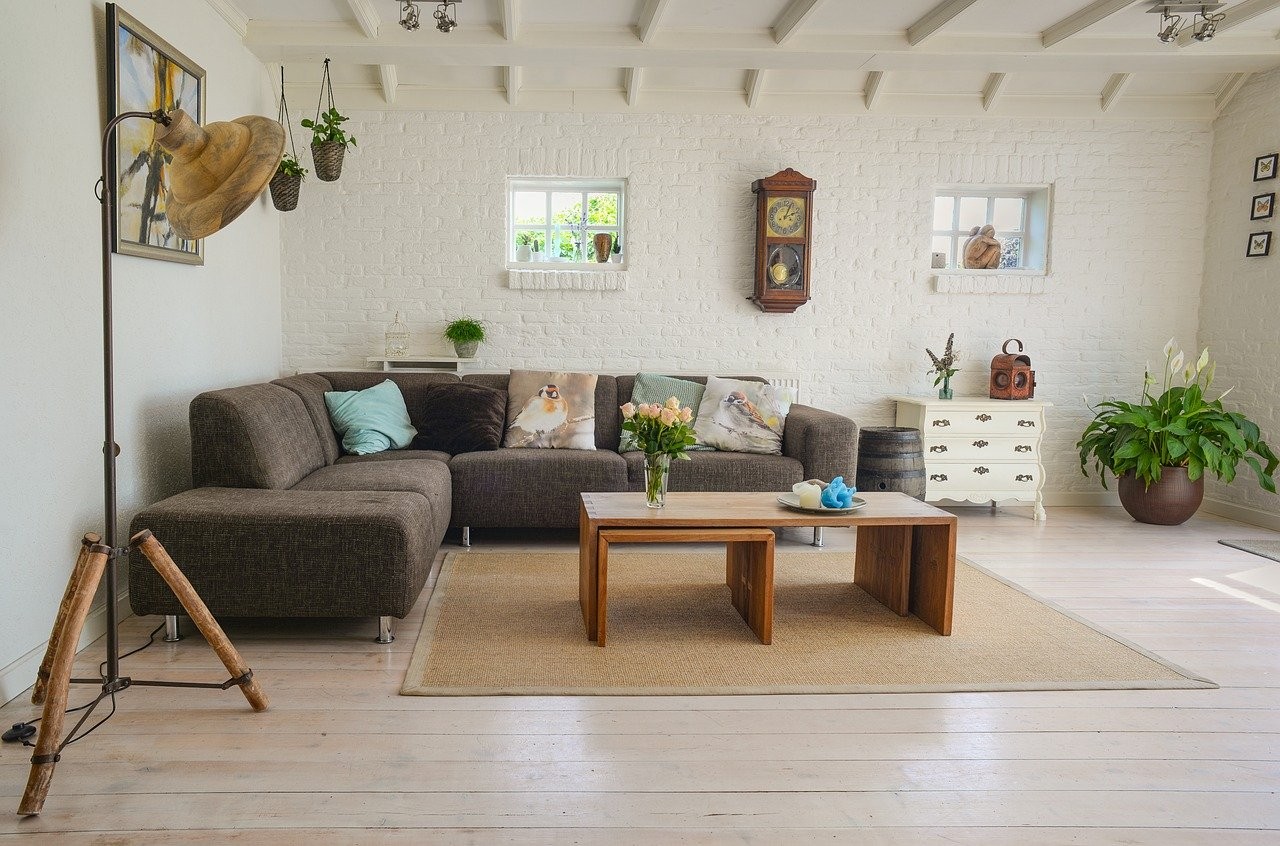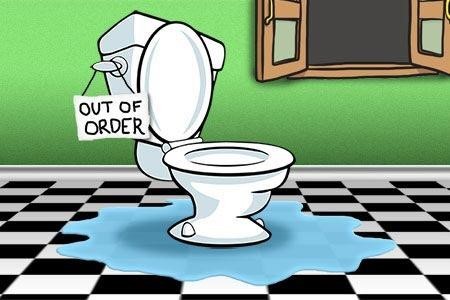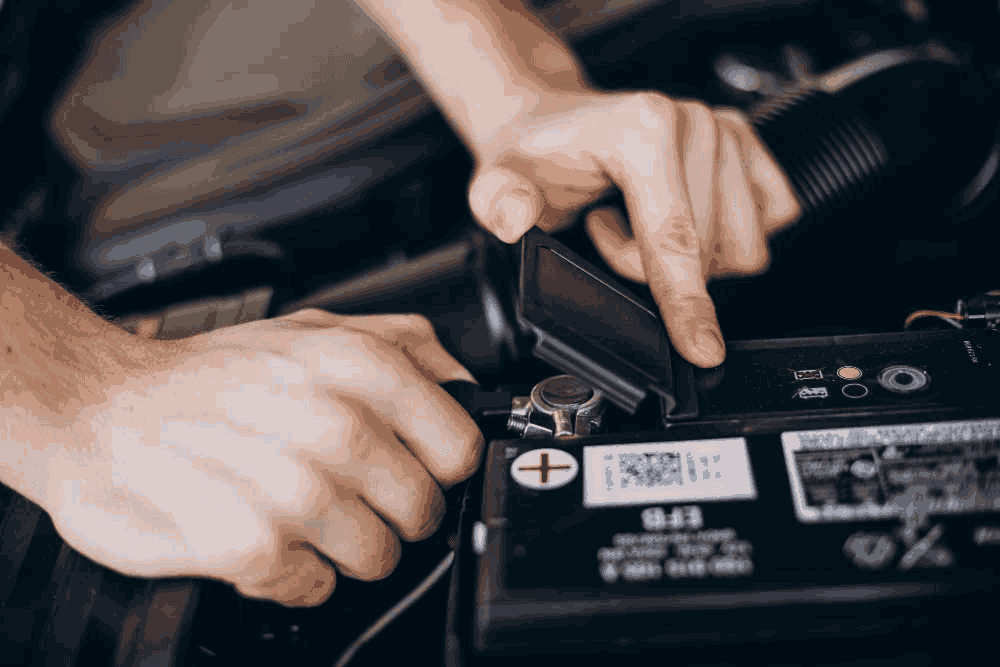
What kind of Inverter is best for home?
We are living in a world where having a constant electrical supply is of the utmost importance. Therefore, we have made a lot of effort to ensure that we have a constant supply of electricity. However, despite our efforts, we often face power cuts. This can lead to many problems at home. So, what can we do then? Installing the best inverters for your home is one of the best ways to avoid power cuts. The question here is, what kind of inverter is best for your home?
In this blog, we talk about the factors you should consider before getting an inverter for your home. So, with this in mind, let's get started!
Factors to Consider when choosing the best inverter for your Home
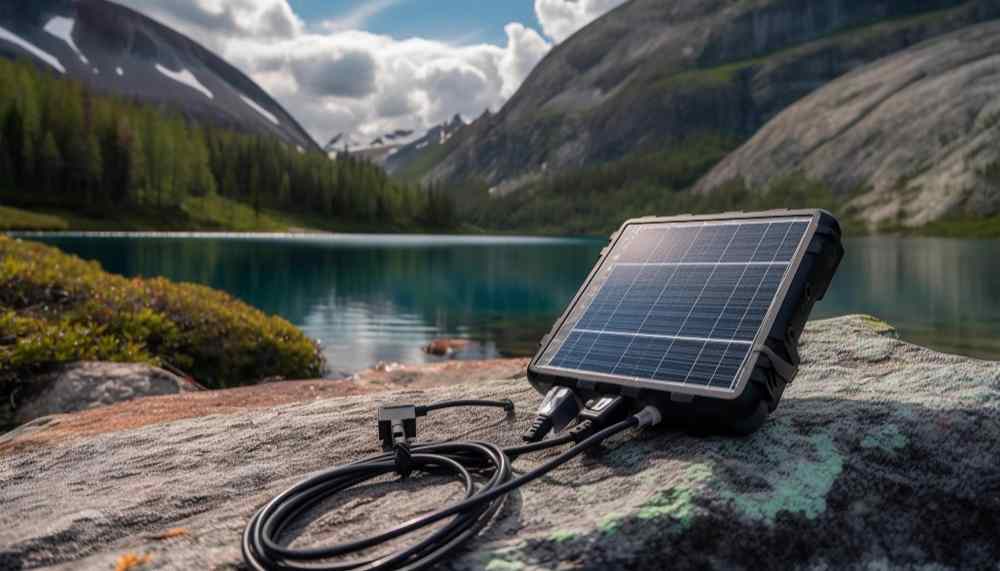
It is important to consider a variety of factors when choosing the right inverter for home. Some of these factors are as follows.
Types of Inverter
There are many types of inverters. Each type of inverter is ideal for its own specific uses. The following are some of the main types.
Modified Sine Wave Inverters
These are the most basic types. Regardless, they are cost-effective solutions for simple electronics and appliances. However, they are not ideal for sensitive equipment.
Pure Sine Wave Inverters
This type of inverter produces pure sine wave output. Therefore, pure sine wave inverters are suitable for all types of electronics, like computers and medical devices.
Grid-tie inverters
These inverters are designed to synchronize with a utility power grid. Therefore, grid-tie inverters allow solar or wind power generators while still connected to the grid.
Off-Grid Inverters
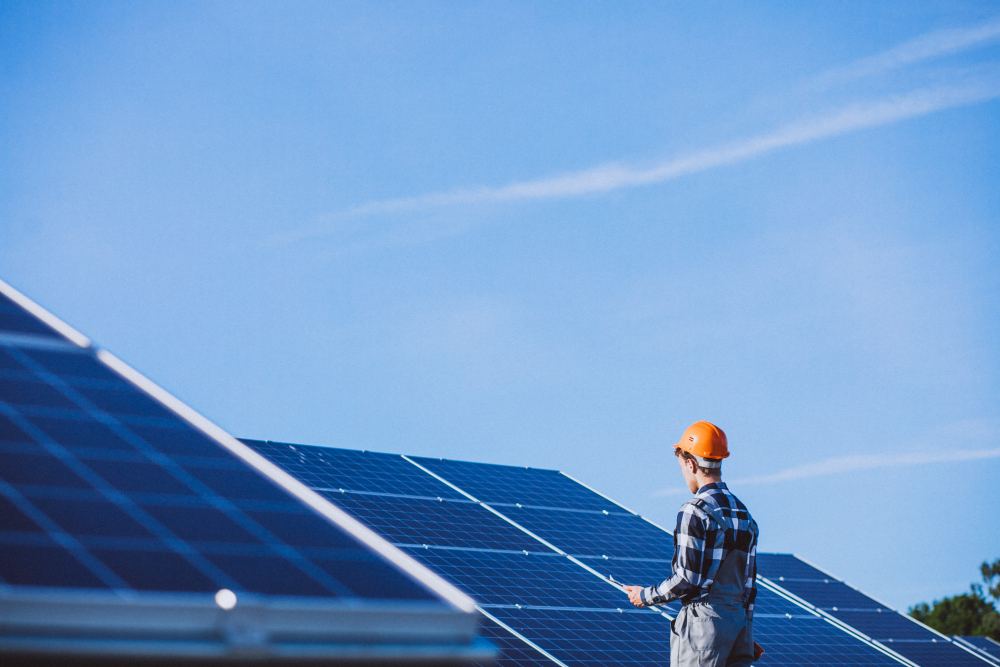
This inverter is not connected to utility grids and are commonly paired with renewable sources like solar panels and battery storage. Off-grid inverters are ideal in areas where utility connections are unavailable or impractical.
These are the four main types of inverter. In addition to the inverters we mentioned here, there are several other types you can choose from, including micro inverters, string inverters, and central inverters.
Power Requirements and Battery Capacity
Another key factor that affects the ideal inverter for your home is power requirements. The higher your power requirements, the higher the inverter requirements. Therefore, before installing the Inverter, you should estimate the power consumption of your home and select the Inverter with the battery capacity that matches your requirements.
Efficiency and Performance
Another key factor that goes into choosing the best inverter for your home is its efficiency. The more efficient the inverter is, the better cost savings it provides. Therefore, before choosing an inverter for your home, always factor in its efficiency. For this, you can look at its energy-saving ratings or ask the dealer for further information.
Safety Features
When selecting the ideal inverter for home, you should also look for safety features. It is vital to prioritize safety features. Some of the key safety features you should look for are as follows:
- Overvoltage protection
- Low voltage protection
- Short-Circuit protection
- Overload protection
- Ground Fault Circuit Interrupter (GFCI)
- Isolation from DC input
And more. The inverter's safety features prevent shock damage and ensure that you are protected from all types of electrical hazards.
Inverter size and capacity
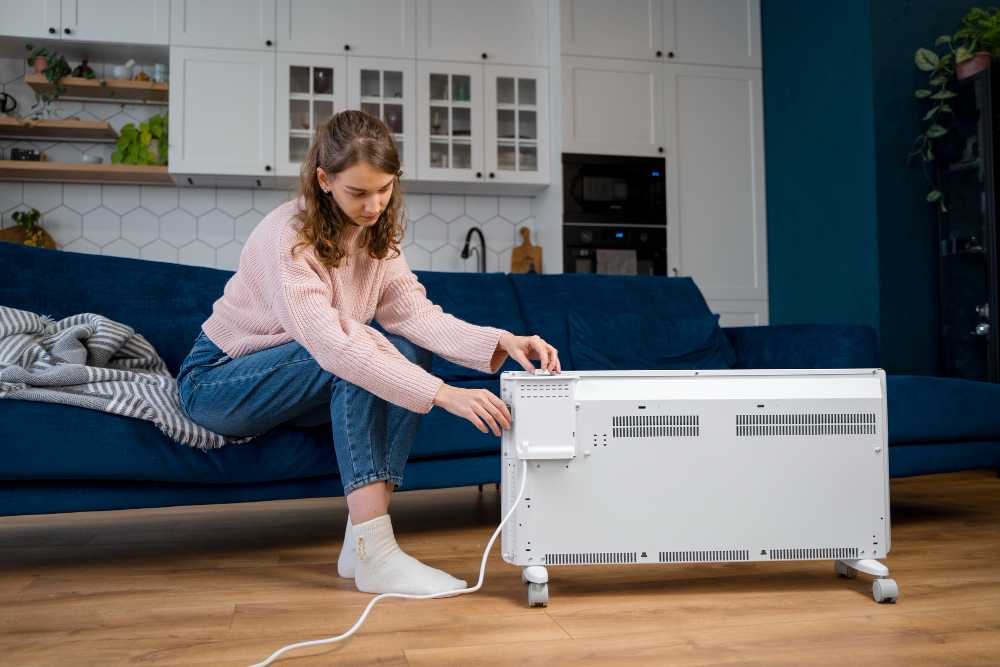
Choosing the right size and capacity for your home is crucial. To select the right size and capacity for your inverter, you should consider several factors. Some of the steps involved in choosing the right inverter size and capacity are as follows:
- Understand your power requirements
- Calculate the total power consumption
- Identify peak loads
- Choose an inverter with a rating slightly higher than the total power consumption.
- Choose an inverter that can handle power surges
- Consider your inverter's efficiency
- Consult the manufacturer's recommendations
After considering all of these factors, you can choose the right size and capacity for your inverter.
Cost Considerations
Along with all that we have mentioned so far, you should also consider your inverter's affordability. You won't benefit from choosing the best inverter if it leaves you in debt. At the same time, if you have an adequate budget but still choose a lower-quality inverter, it may suit your needs. Therefore, you should keep a balance between affordability and features.
Conclusion
We live in a world where electricity is constantly available. However, we often experience issues such as power cuts despite our best efforts. To overcome these issues, we need the best inverters. The question here is, what kind of inverter is best for the home?
There is no simple answer to this question, as the best inverter varies depending on several factors. Some of these factors include types of inverters, power requirements, battery compatibility, and cost considerations.
Thank you for taking the time to read this. We hope it was helpful. Check out some of our other blogs for further insight into inverters. And if you want the best home renovation services in Nepal, let us know at a2z Marmat. Thank you for reading to the end.
FAQ on choosing the best inverter for your home.
What type of inverter do I need for my house?
The specifics of the inverter you need for your home vary depending on several factors. Among these factors are the type of inverter, power requirements, battery capacity, and cost considerations.
Can AC run on an inverter?
Yes, you can run AC in an inverter.

